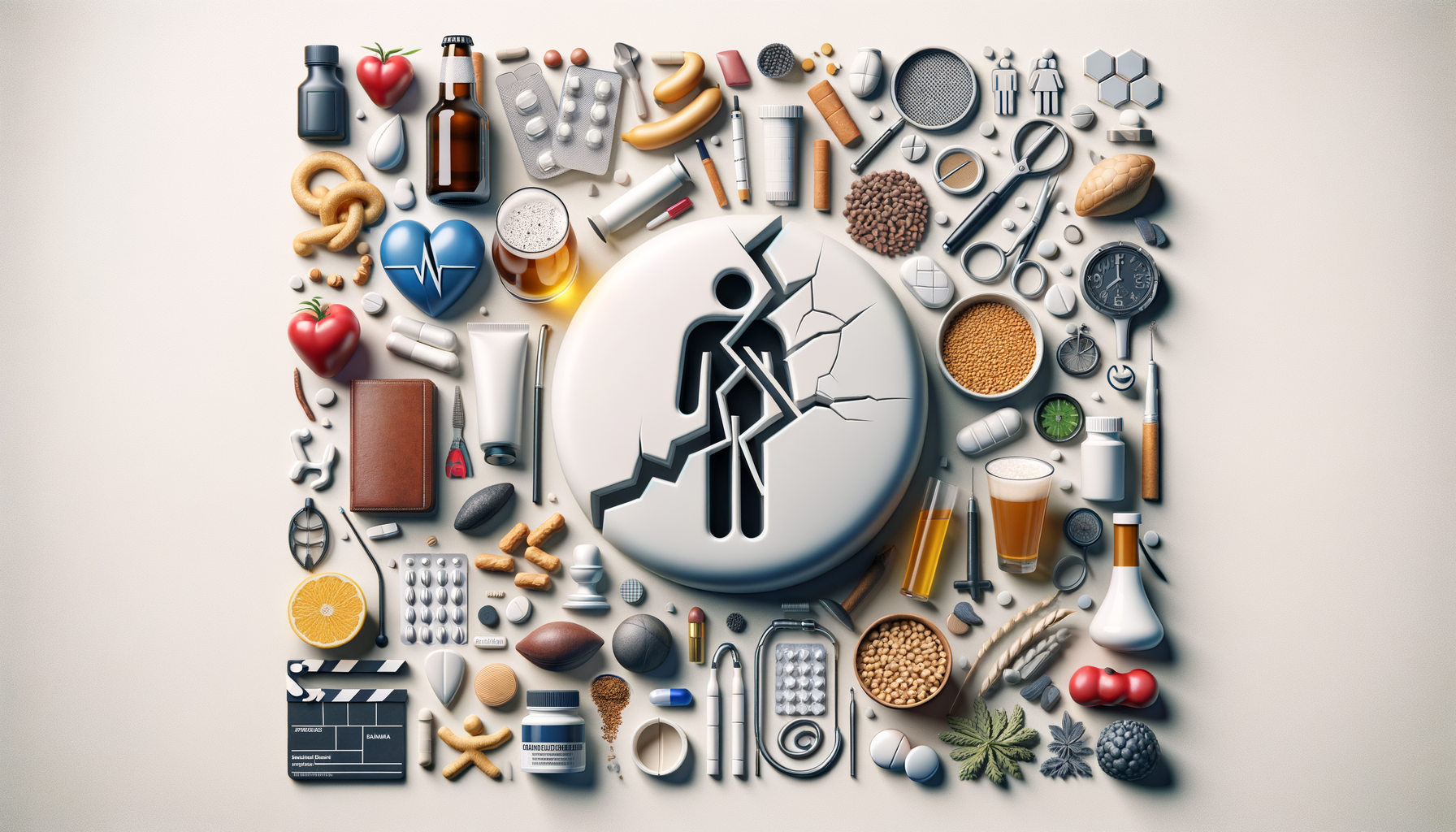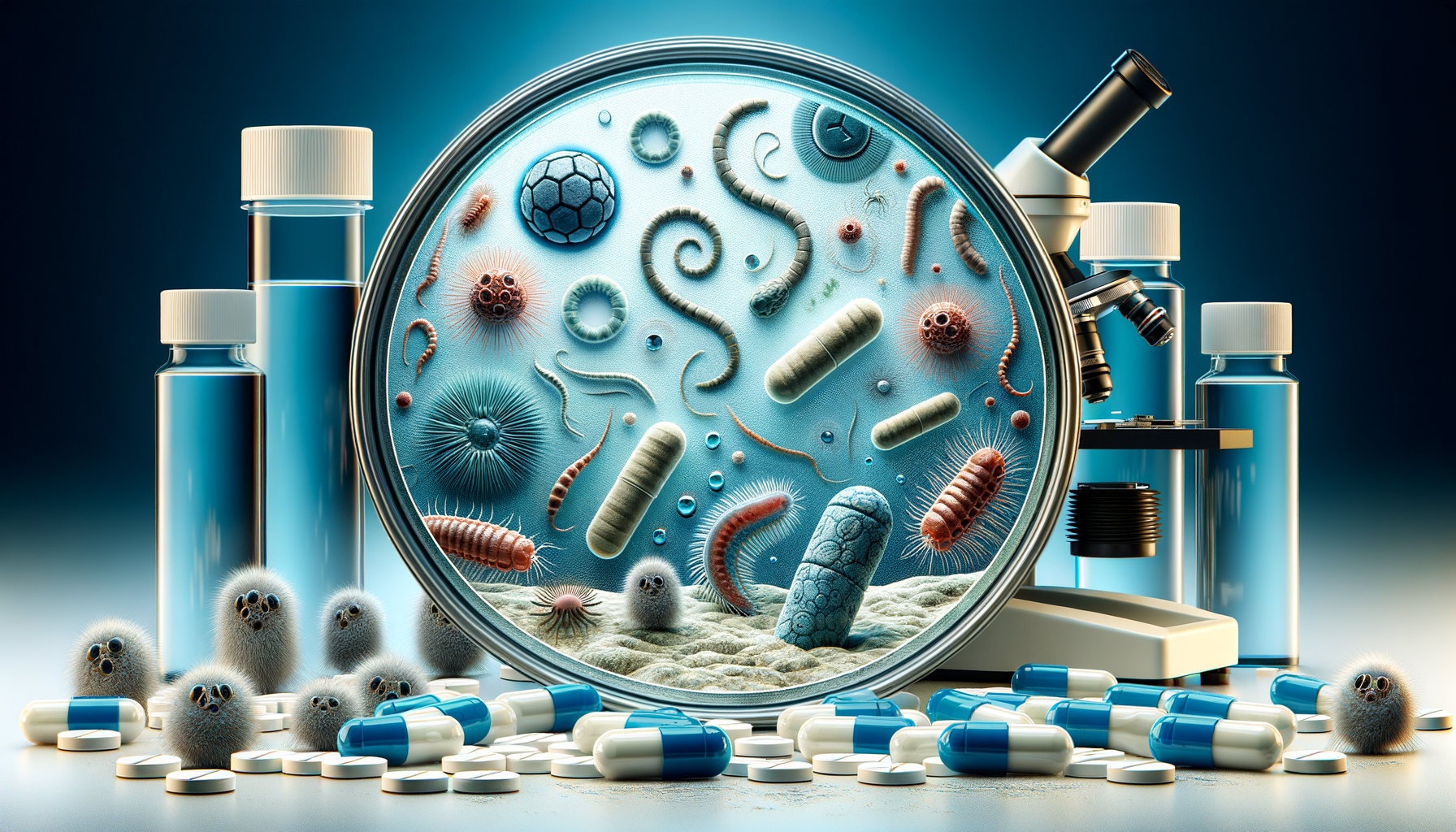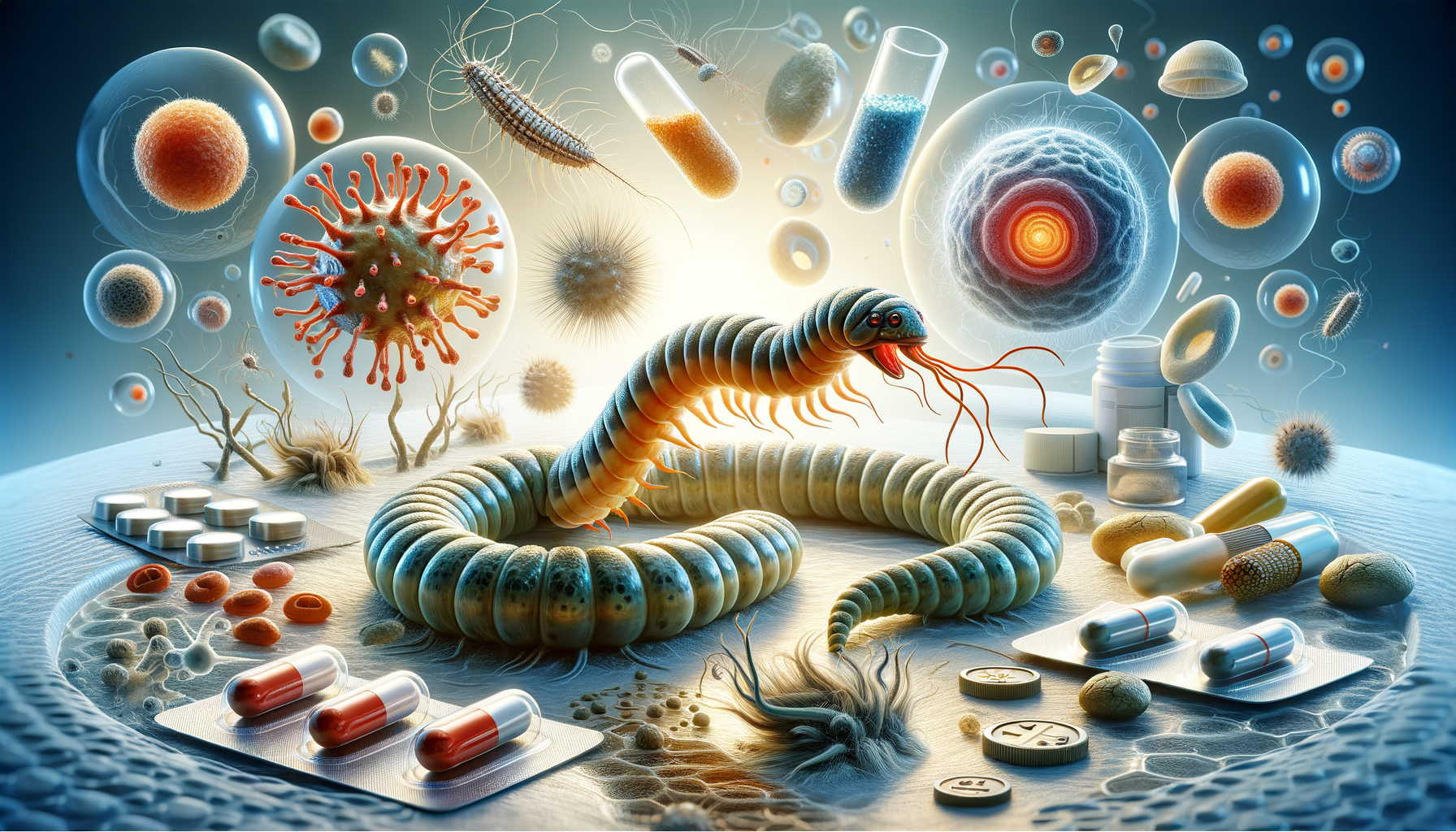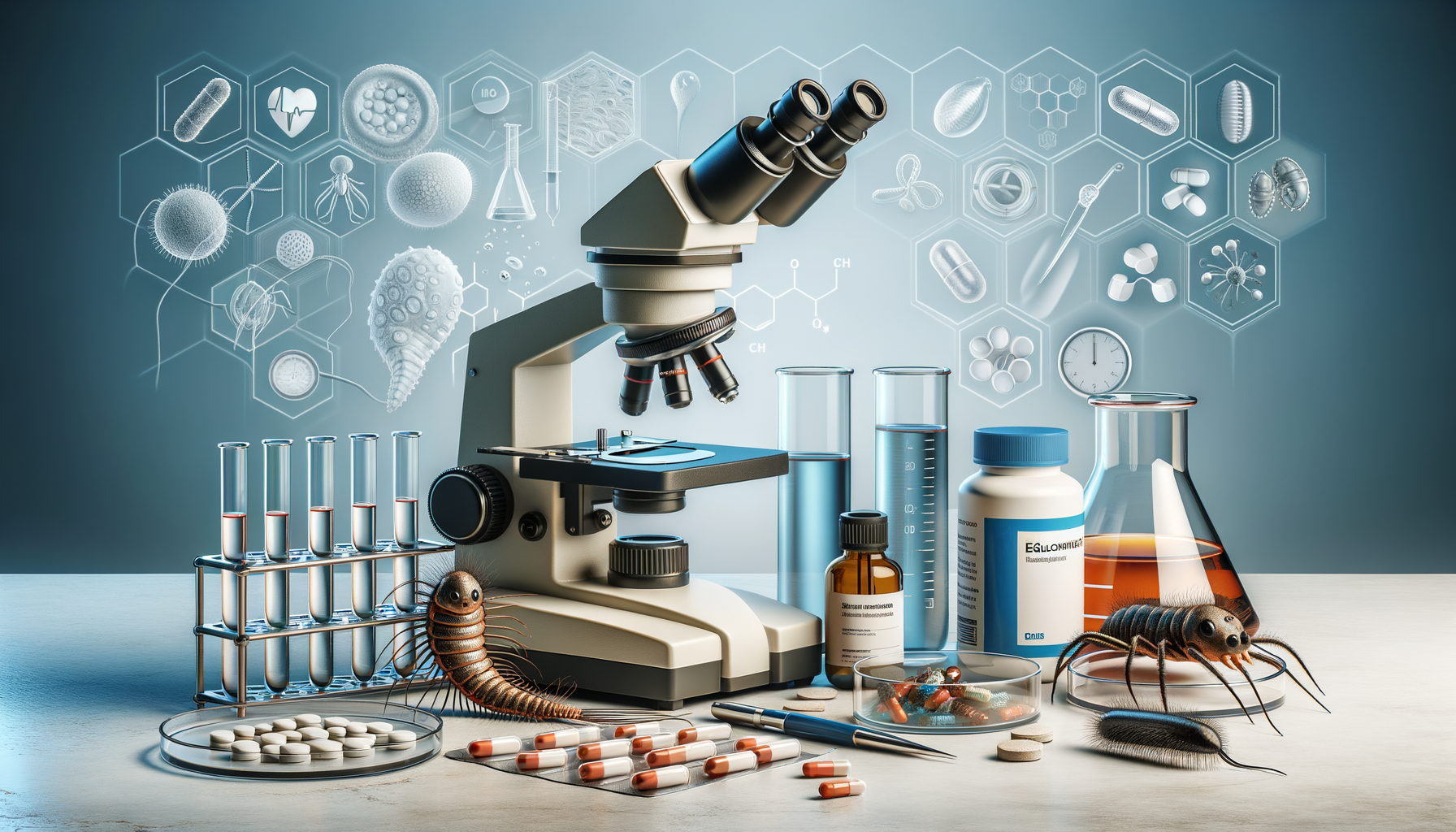Introduction to Erectile Dysfunction
Erectile Dysfunction (ED) is a prevalent condition that affects millions of men worldwide. It is characterized by the consistent inability to achieve or maintain an erection sufficient for satisfactory sexual performance. Understanding the importance and relevance of this topic is crucial, as ED can significantly impact a man’s quality of life, self-esteem, and intimate relationships. This article aims to provide a comprehensive overview of erectile dysfunction, exploring its causes, potential treatments, and the lifestyle changes that can help manage this condition.
Causes of Erectile Dysfunction
The causes of erectile dysfunction are varied and can be broadly categorized into physical and psychological factors. Physical causes are more common and include cardiovascular diseases, diabetes, hormonal imbalances, and certain medications. These conditions can impair blood flow or nerve function, both of which are crucial for achieving an erection. Psychological causes, though less common, can be equally impactful. Stress, anxiety, depression, and relationship issues can contribute to or exacerbate ED.
Understanding the root cause of erectile dysfunction is essential for effective treatment. For instance, men with diabetes need to manage their blood sugar levels, while those with cardiovascular issues may require lifestyle changes and medication. Psychological factors might necessitate therapy or counseling. Recognizing these underlying issues can lead to better management and improvement of erectile dysfunction symptoms.
Treatment Options for Erectile Dysfunction
Treatment for erectile dysfunction varies depending on the underlying cause. Oral medications, such as phosphodiesterase type 5 inhibitors, are among the most common treatments and have been proven effective for many men. These medications work by enhancing the effects of nitric oxide, a natural chemical the body produces that relaxes muscles in the penis, increasing blood flow.
Other treatment options include vacuum erection devices, penile injections, and hormone therapy. In some cases, surgical interventions may be considered. It’s important for individuals to discuss these options with their healthcare provider to determine the most suitable treatment based on their specific condition and health status.
Lifestyle Changes and Erectile Dysfunction
Lifestyle changes can play a significant role in managing erectile dysfunction. Adopting a healthier lifestyle can improve overall well-being and reduce the risk of conditions that contribute to ED. Key lifestyle changes include:
- Maintaining a healthy diet rich in fruits, vegetables, whole grains, and lean proteins.
- Engaging in regular physical activity to improve cardiovascular health and reduce stress.
- Limiting alcohol consumption and avoiding smoking, both of which can worsen ED symptoms.
- Managing stress through mindfulness, meditation, or yoga.
These changes not only help manage erectile dysfunction but also enhance overall health and quality of life.
Conclusion: Addressing Erectile Dysfunction
Erectile dysfunction is a complex condition that can affect various aspects of a man’s life. Understanding its causes, exploring treatment options, and making positive lifestyle changes can significantly improve symptoms and enhance quality of life. It is crucial for individuals experiencing ED to seek medical advice and support, as addressing this condition can lead to improved physical health, mental well-being, and intimate relationships.




Leave a Reply